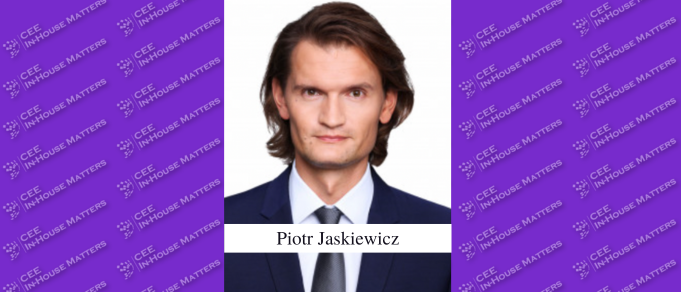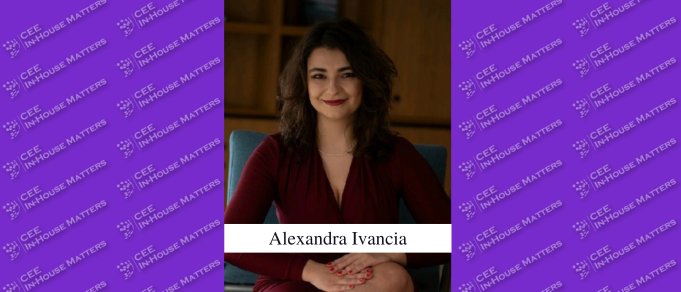In the legal industry, trust and credibility are foundational elements. Smaller firms that don’t yet have the name recognition of established brands have to build that trust from the ground up. So how can they go about it?
Credibility is a cornerstone for any service-based business. However, in the legal world, it’s everything. When clients are trusting your firm with high-stakes matters like money, contracts, and reputation, they need to believe that your team knows what it’s doing.
For most large firms, credibility comes with the name and well-established reputation. But for smaller firms, it has to be earned through a deliberate projection of confidence, expertise, and authenticity.
The hard part is having real expertise – the kind earned through years of blood, sweat, and late nights at the office. But once your firm has got that, projecting credibility isn’t rocket science.
There are three powerful and entirely achievable ways small law firms can turn their know-how into lasting credibility: authentic messaging, a professional website, and consistent thought leadership.
Authentic Messaging – The Key to Differentiation
Projecting credibility through messaging is not about sounding grandiose, inflating the size or capabilities of your firm, or using buzzwords like “leading” and “innovative”. Modern buyers – in this case, general counsels – can spot clichés from a mile away.
Instead, focus on what truly sets your firm apart. Highlight who you cater to, what problems you solve for your clients, your specific strengths, values, and the way your team approaches legal challenges. Don’t try to sound like everyone else, thinking that there is some sort of an industry standard that your firm must adhere to. Most law firm websites are painfully dull.
Develop a voice for your brand. Now, sounding professional is non-negotiable in the legal industry. However, sounding professional doesn’t mean being impersonal. Find that balance between polished and genuine messaging. Try to connect with prospective clients on a human level.
A Sleek Website – First Impressions Matter
Your website is often the first touchpoint in your prospects’ interaction with your firm. It should not look like a DIY project or an afterthought.
A polished website is about much more than just looking sleek. It’s also about mobile responsiveness, accessibility, fast loading times, easy navigation, and clean structure.
Let’s be clear: your website, no matter how shiny, won’t magically win clients all by itself. But a clunky design, broken links, outdated info, slow loading, and a confusing layout will create an unnecessary barrier in your marketing and reputation-building efforts.
Don’t let such an avoidable issue as a sloppy website chip away at your firm’s reputation before you even get a chance to make your case.
Thought Leadership – Becoming a Trusted Voice
Thought leadership isn’t about being the loudest. It’s about consistently sharing valuable insights that demonstrate your firm’s expertise in a niche area. It comes in many forms: analysis pieces, reports, webinars, speaking at industry events, etc.
For smaller firms, thought leadership is a powerful way to punch above your weight. It shows prospective clients that your firm’s experts are truly knowledgeable and engaged with the latest developments in your industry.
However, thought leadership will never work if it’s sporadic. Consistency is key to growing and maintaining your firm’s reputation and credibility.
Credibility in the legal industry can’t be conjured out of thin air. It’s built brick by brick based on how your firm shows up: how it communicates, what it chooses to display, how it engages with its audience, and how it differentiates itself from the sea of competitors. Start with these three essentials and build upon them over time.
By Saida Ayupova, Founder, Five-o-eight























